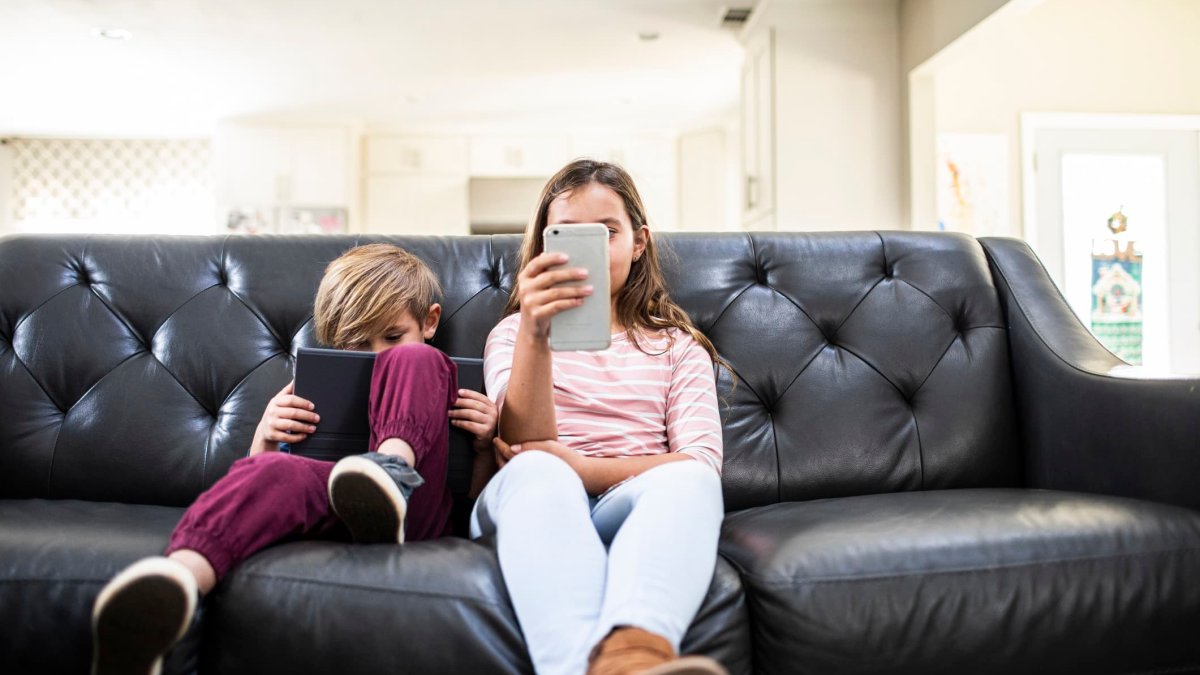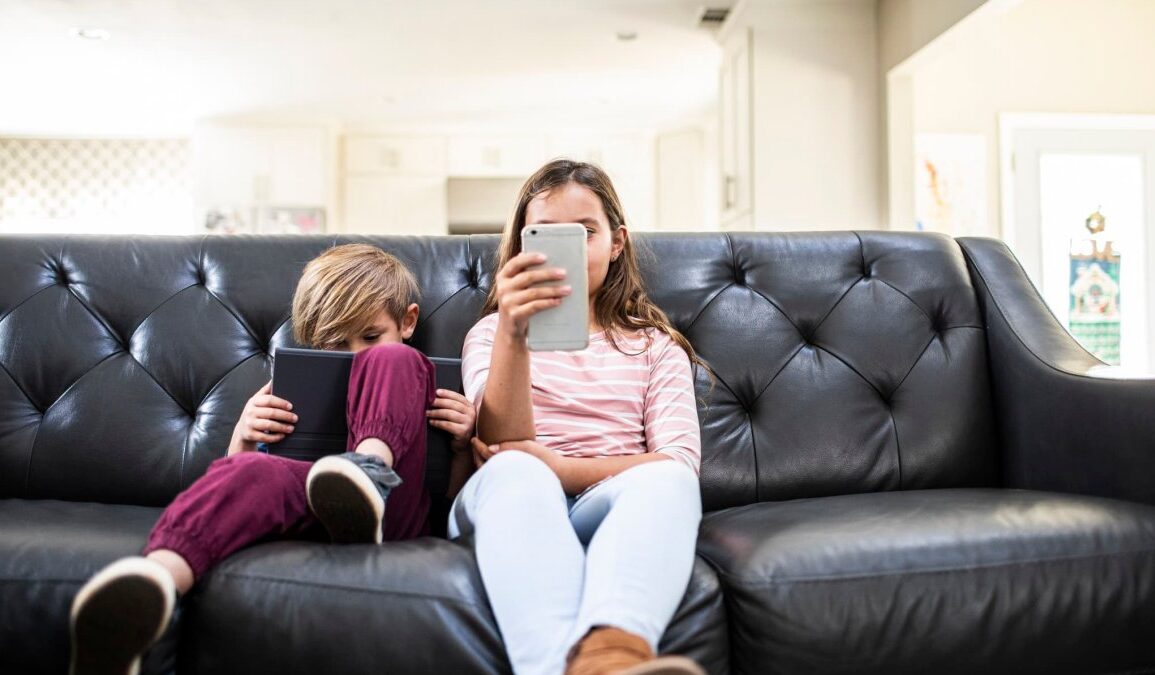
Compass Health Center provides behavioral health care for one thousand patients a day who are in crisis
“The rate of depression, anxiety and suicide has really skyrocketed in the last 20 years,” said Dr. Claudia Welke, a psychiatrist and the chief medical officer at Compass Health Center.
While it’s not clear to what extent, Welke said it’s clear what kids are viewing online plays a role.
“Research is now pointing to the fact that social media, and that kids that use social media for three hours a day, really are having more mental health issues,” she said.
Welke shared six tips parents should consider when it comes to navigating social media:
- Take a look at your own usage – “Make sure that you’re modeling healthy behaviors when it comes to social media usage,” Welke said.
- Delay access to social media for as long as possible –”The Surgeon General calls for waiting until high school. That might not be practical for all families. But it’s something, you know, I think it’s just a good rule of thumb to wait as long as possible,” said Welke.
- Establish boundaries – For kids and teens already on social media, cutting them off may not work, but experts say you should establish boundaries and guidelines.
- Make sleep a priority – It may seem unrelated, but sleep is essential. So keeping cell phones, tablets and even computers out of bedrooms at bedtime is key. “We know that kids need eight to nine hours of sleep for healthy brain development. And so doing everything we can to sort of limit on social media use around bedtime is really important,” Welke said.
- Establish tech-free times – Especially at bed time, during meals and during homework, experts recommend you keep devices out of kids hands
- Talk to your kids about why the rules and risks associated with social media
“For parents, really, to communicate what are the risks are and to communicate that they (kids) can share, share what they’re seeing, and that they know that they have a safe place at home,” said Yaron Litwin, the Chief Marketing Officer at Canopy, a monthly subscription that uses artificial intelligence to help manage and monitor your child’s screen time.
“When a child stumbles across an inappropriate image, it will be filtered out. If a parent set settings that requires at 6 p.m. or so, hey should be off their phones, the child will get an alert that times up,” Litwin said.
Parents who use Canopy have a dashboard that helps them create personalized parameters for each device.
“Canopy is there to enforce it, and it doesn’t become the parent versus the child. There’s actually going to like this third party, there’s this app there to provide some of those guardrails,” Litwin said.
Welke said parents should consider using apps, like Canopy and others, to help establish boundaries and monitor kids online behavior.
“We can sort of take a look at apps and things that sort of help just put parameters in terms of how much time that kids are spending on social media, as well as like what platforms that they’re using,” Welke said.
This post was originally published on this site be sure to check out more of their content








